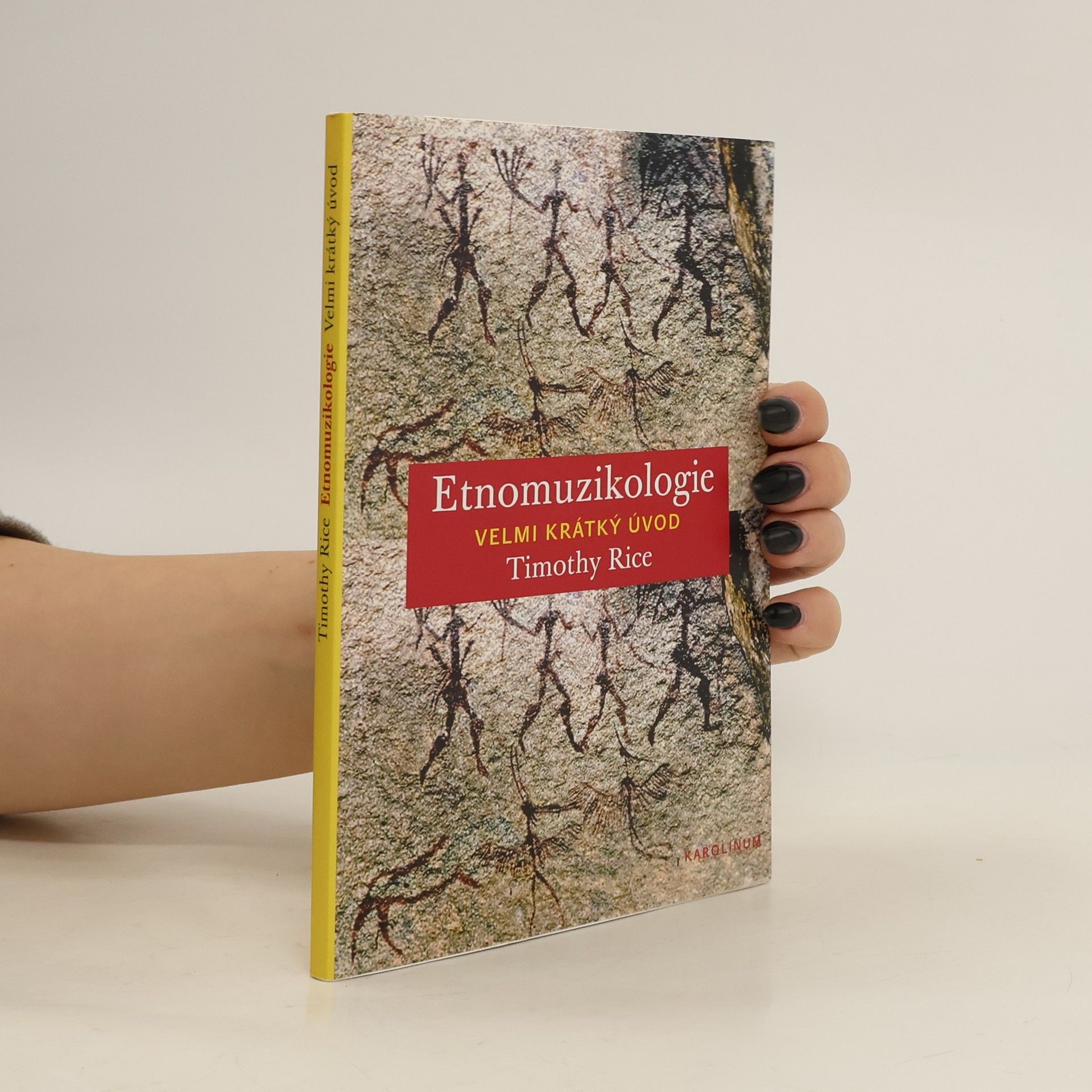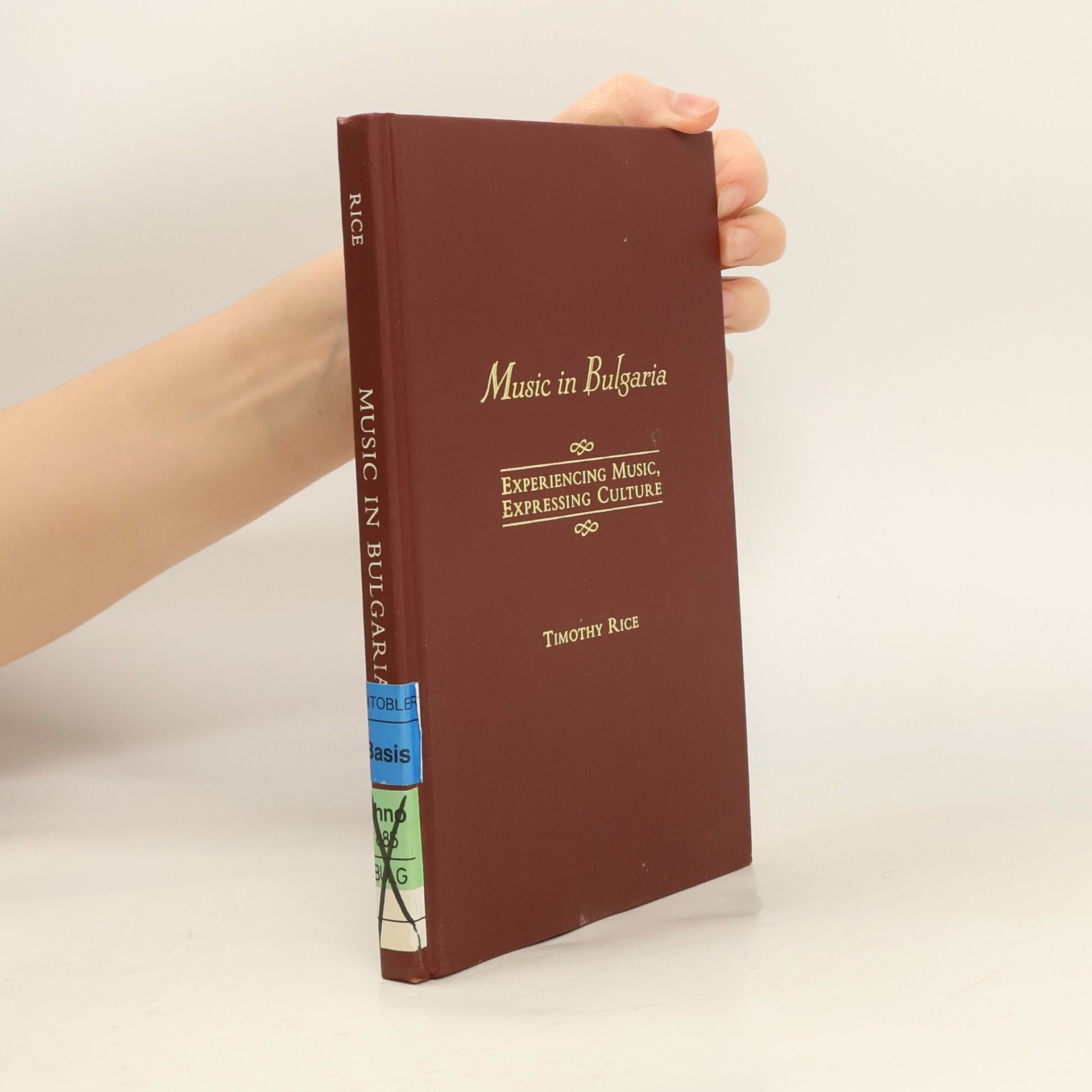The Garland encyclopedia of world music
- 1174 pages
- 42 hours of reading
This reference comprises Volume 8 in a 10-volume set that explores the music of the world. Rice (ethnomusicology, UCLA), James Porter (Scottish ethnology, U. of Aberdeen) and Chris Goertzen (music, Earlham College) offer 70-plus articles that cover music and its relation to dance, folklore, poetry, religion, and history. Following a discussion of Europe as a musical area and what unifies and diversifies its many different cultural and geographic regions, they look at the history of music, musical performance, European ideas, gender, immigration, and ideology. They also address traditional musical instruments, the transmission of music between generations, and popular, rock, and world musics. Finally, they present the musical cultures country by country, including transnational ethnic groups that have greatly influenced European culture. Contains many b&w photos, as well as guides to publications, recordings, films, and videos.



